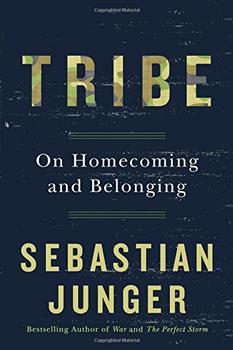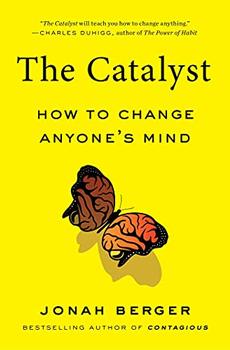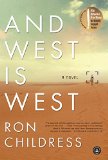Summary | Excerpt | Reviews | Beyond the book | Read-Alikes | Genres & Themes | Author Bio

On Homecoming and Belonging
by Sebastian JungerWe have a strong instinct to belong to small groups defined by clear purpose and understanding--"tribes." This tribal connection has been largely lost in modern society, but regaining it may be the key to our psychological survival.
Decades before the American Revolution, Benjamin Franklin lamented that English settlers were constantly fleeing over to the Indians-but Indians almost never did the same. Tribal society has been exerting an almost gravitational pull on Westerners for hundreds of years, and the reason lies deep in our evolutionary past as a communal species. The most recent example of that attraction is combat veterans who come home to find themselves missing the incredibly intimate bonds of platoon life. The loss of closeness that comes at the end of deployment may explain the high rates of post-traumatic stress disorder suffered by military veterans today.
Combining history, psychology, and anthropology, Tribe explores what we can learn from tribal societies about loyalty, belonging, and the eternal human quest for meaning. It explains the irony that-for many veterans as well as civilians-war feels better than peace, adversity can turn out to be a blessing, and disasters are sometimes remembered more fondly than weddings or tropical vacations. Tribe explains why we are stronger when we come together, and how that can be achieved even in today's divided world.
Junger is content to diagnose the problem as he sees it, and other than a couple of feel-good examples of "giving back" from a World War II vet and a businessman who volunteered to cut his salary to keep paying his employees, the book offers no substantive solutions to the problem of the loss of tribalism in modern American culture. I wish he had looked more closely at countries outside of the U.S.—Italy, for example—where the idea of "family" still implies a more cohesive social bond. Still, the evidence of a diminished sense of social cohesion in modern society is undeniable, and Tribe offers a compelling brief for those who long for the sense of community America once had—before it even became America...continued
Full Review
 (1116 words)
(1116 words)
(Reviewed by James Broderick).
Africa's Kalahari desert might seem an unlikely model for American society. But the Kalahari—a sparsely populated swath of sun-baked bushland that boasts temperatures regularly above 100 degrees during the day and just a few inches of rainfall every year—is home to a tribe of nomadic people called the Kung (part of the San people, also known as Bushmen). In Tribe, Sebastian Junger celebrates the virtues of the Kung people, suggesting their tribal ways might just hold the solution to our modern American sense of isolation and emptiness.
"The relatively relaxed pace of Kung life—even during times of adversity—challenged long-standing ideas that modern society created a surplus of leisure time. It created exactly the...

If you liked Tribe, try these:

by Jonah Berger
Published 2022
From the author of New York Times bestsellers Contagious and Invisible Influence comes a revolutionary approach to changing anyone's mind.

by Ron Childress
Published 2016
Winner of the prestigious PEN/Bellwether Prize for Socially Engaged Fiction, And West Is West is an inspired novel about two young people who learn, the hard way, about the devastating power of new technology to isolate us from the consequences of our actions.